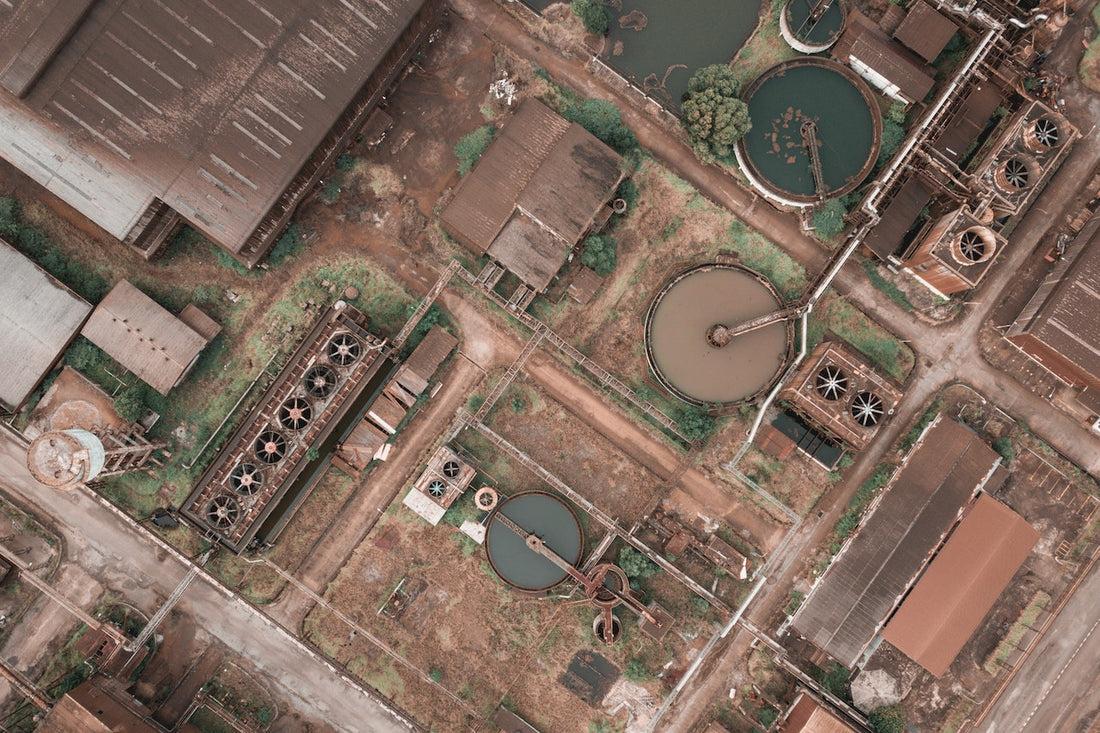If you rely on well water for your household needs, you may have encountered the common issue of hard water. Hard water contains high levels of minerals like calcium and magnesium, which can lead to problems such as scale buildup, reduced appliance efficiency, and skin and hair issues. To combat these issues, investing in a water softener specifically designed for well water is crucial. In this comprehensive guide, we will explore the importance of water softeners for well water, discuss the benefits they offer, and provide recommendations for top water softeners suitable for well water.
Understanding Well Water Hardness
Before delving into water softeners, it's important to understand the challenges of well water hardness. Well water often contains higher concentrations of minerals compared to municipal water sources, making it essential to address these mineral content issues. We'll discuss the causes and consequences of hard water, including its impact on plumbing systems, appliances, and personal care.
The Role of Water Softeners
Water softeners are specifically designed to remove the minerals that cause water hardness, primarily calcium and magnesium ions. This section will provide an overview of how water softeners work, including the ion exchange process, regeneration cycles, and the benefits they offer in terms of improved water quality, appliance lifespan, and personal well-being.
Factors to Consider when Choosing a Water Softener
Selecting the right water softener for well water requires careful consideration of various factors. This section will guide you through the key elements to keep in mind during your decision-making process. Factors such as water hardness level, flow rate, household size, regeneration frequency, water usage patterns, and budget will be discussed. Additionally, we'll cover important features to look for in a water softener, including capacity, efficiency, regeneration options, and warranties.
Top Water Softeners for Well Water
In this section, we will explore some of the top water softeners available on the market that are specifically designed for well water. We'll discuss their features, performance, customer reviews, and value for money. While we won't mention specific brand names, we'll provide descriptions of the types of water softeners that are highly recommended for well water.
-
Salt-Based Water Softeners: Salt-based water softeners are the most common type and are effective in removing minerals that cause water hardness. They use ion exchange to replace calcium and magnesium ions with sodium or potassium ions, resulting in softened water.
-
Salt-Free Water Conditioners: Salt-free water conditioners are an alternative for those who prefer not to use salt in their water softening process. These systems use technologies like Template Assisted Crystallization (TAC) to change the structure of minerals, preventing them from sticking to surfaces and forming scale.
-
Dual-Tank Water Softeners: Dual-tank water softeners offer continuous soft water supply. With two tanks, one can be in use while the other regenerates, ensuring uninterrupted access to softened water.
-
Electronic Water Descalers: Electronic water descalers are non-chemical devices that use electromagnetic fields to alter the behavior of mineral particles, reducing scale formation. They are easy to install and require minimal maintenance.
Maintenance and Care For Well Water Softeners
To ensure the longevity and optimal performance of your water softener, proper maintenance is essential. This section will provide general guidelines for maintaining your water softener, including regular cleaning, resin bed care, and checking for leaks or malfunctions.
Investing in a water softener designed specifically for well water is a wise decision to combat the challenges of hard water. By considering factors such as water hardness, household needs, and budget, you can find a water softener that suits your requirements. With the right water softener, you can enjoy the benefits of softened water throughout your home, protect your appliances from scale buildup, and enhance your overall water quality and well-being.






